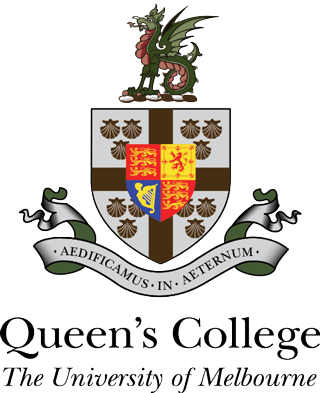The best Olympic Games ever
When the President of the International Olympic Committee (IOC), Juan Antonio Samaranch declared the Sydney 2000 Olympic Games, ‘the best Olympic Games ever’, Jim Sloman OAM (Wyvern 1963) felt like he and his team had received a gold medal. As Deputy Chief Executive and Chief Operating Officer of the Games it was everything they had worked hard to achieve.
“It went off with a bang and the whole city turned out to celebrate for the first two weeks which continued though the Paralympic Games. The ‘party atmosphere’ was fantastic and was the difference between a ‘good’ Games, and a ‘great’ Games.”
With many moving parts, a very disciplined planning process was required.
“The Olympic Games is large and complex with 35 different sports governed by 28 international sporting federations with circa 200 countries sending teams with 10,500 athletes and 600 team officials competing in 300 medal events in 38 competition venues over 16 days, overseen by the IOC. Add to this, 20,000 accredited press, broadcast partners, sponsors and their guests and around eight million spectators. Good people, and a great team were the key.”
When Jim accepted the role in 1996, he had his work cut out making it happen while keeping the variety of constituents happy. He was delighted with the outcome.
“While there were a few minor hiccups on the way, Sydney 2000 worked well, the torch relay was a triumph and we struck lucky with the weather for the opening ceremony and the first weekend. It was a great Olympic Games with some specific highlights such as Cathy Freeman but with lots of gold for Australia. It also put Sydney on the map as a global city.”
Jim acknowledges, while not being a great sportsman himself, he has witnessed some great sporting successes including one in the mid-1960s when the Tasmanian born civil engineering student was living in Queen’s.
“The Colleges were all very tribal and my best memories were winning intercollegiate sport, which was rare, particularly football. When Queen’s knocked off Newman in an epic final, we had a great group of players with some existing and future VFL players eg. Ken Rowe (1962), one VFA star ex policeman and great social worker Denis Oakley and Neil Busse (both 1963), Gareth Andrews and Ian Johnston (both 1965), Geoff Pryor and Rod (Chirpa) Robson (both 1966), and numerous top amateur players and others including Peter Faull (1961), Ian (Rubber) Reynolds (1962) (of later Essendon medical fame), Peter Clark and Geoff (Paddy) Allen, Jim Drysdale, Norm Fowler, Geoff Flatman, Ken Andrews, Don Heath (1963), Ross Squire and Peter Boag (all 1964), etc.. Massive celebrations were held with many renditions of ‘Queen’s for sure the greatest college…we sat there screaming Fosters, Naughtons, Queens’.”
He was also instrumental in bringing to life a great supporter of College sport, proposing in 1965 that a mascot in the shape of a goat called Bentley Still be procured.
“Many Bentley Still’s later albeit, now a ‘toy’, the tradition survives. It was a great privilege to spend and survive four wonderful years at Queen’s as well as to end up with a degree in the minimum possible time- some might suggest it was a miracle. The comradery at Queen’s was fantastic and I made great friends across the various years and faculties. These friends have remained close.”
Since Sydney 2000, as well a number of corporate directorships, Jim has been involved with the Athens, Beijing, London and Rio de Janiero Games as well as other major world events such as Rugby World Cups, the PanAm Games in Rio de Janiero, the Asian Games in Qatar and the Commonwealth Games in Manchester. He also assisted Qatar with the 2022 World Cup.
“I have always loved sport but the Olympic Games are very special to me. I’m already enjoying the Paris Games who were very unlucky with the wet weather early. Still a great start.”
